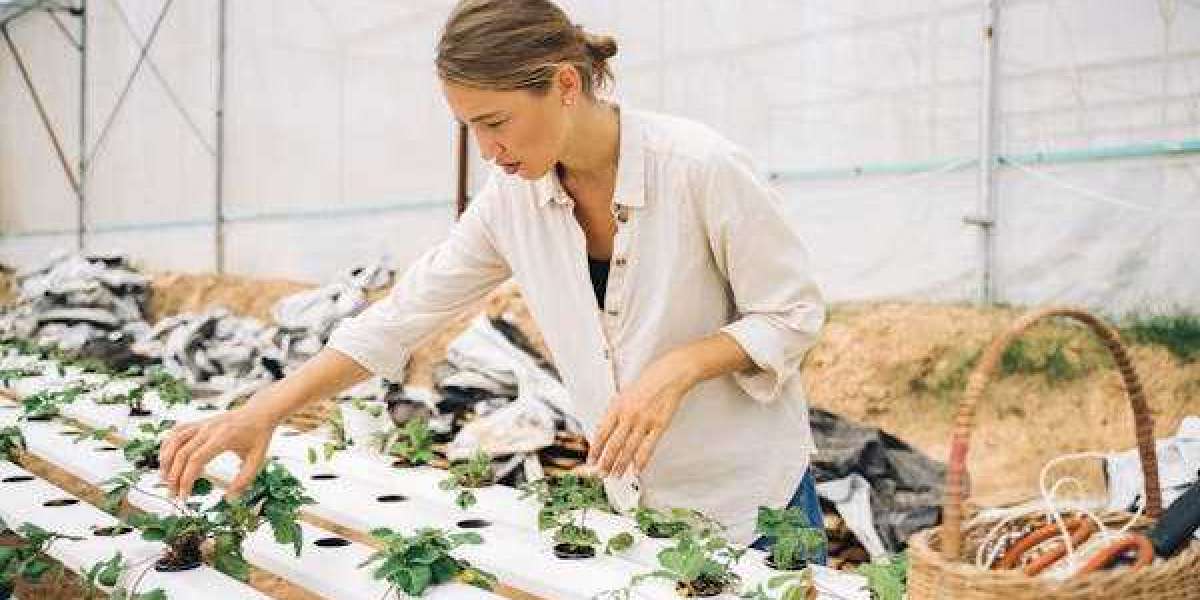Hydroponic growing system have revolutionized the way we cultivate plants. By utilizing nutrient-rich water instead of soil, hydroponics allows for faster growth, higher yields, and less environmental impact. In this guide, we will explore the various types of hydroponic systems, their benefits, and how to get started with your own hydroponic garden.
What is Hydroponics?
Hydroponics is a method of growing plants without soil, where the roots are submerged in a nutrient-rich water solution. This innovative approach to gardening has gained popularity among both hobbyists and commercial growers due to its numerous advantages.
Benefits of Hydroponic Growing Systems
- Faster Growth: Plants grown in hydroponic systems can grow up to 50% faster than those grown in traditional soil.
- Higher Yields: Hydroponic systems allow for denser planting, which can lead to significantly higher yields per square foot.
- Water Efficiency: Hydroponics uses up to 90% less water than traditional farming methods, making it an environmentally friendly option.
- Pest Control: Without soil, the risk of soil-borne pests and diseases is greatly reduced.
- Year-Round Gardening: Hydroponic systems can be set up indoors or in greenhouses, allowing for year-round growing regardless of weather conditions.
Types of Hydroponic Growing Systems
Several types of hydroponic systems cater to different growing preferences and spaces. Here are some of the most popular types:
Nutrient Film Technique (NFT)
In an NFT system, a thin film of nutrient solution is continuously circulated over the roots of the plants. This technique provides oxygen and nutrients efficiently, promoting fast growth.
Deep Water Culture (DWC)
DWC involves suspending plant roots in a nutrient solution with air stones providing oxygen. This system is easy to set up and is ideal for growing leafy greens and herbs.
Ebb and Flow (Flood and Drain)
This system periodically floods the plant roots with nutrient solution, then drains it back into a reservoir. Ebb and flow systems are versatile and can support a variety of plant types.
Aeroponics
Aeroponics suspends plants in air and mists their roots with a nutrient solution. This high-tech method promotes rapid growth and is often used in commercial applications.
Wick System
The wick system is one of the simplest hydroponic setups. It uses a wick to draw nutrient solution from a reservoir to the plant roots. This system is suitable for beginners and low-maintenance crops.
How to Get Started with Hydroponic Gardening
Starting your own hydroponic garden is easier than you might think. Follow these steps to create your own hydroponic system:
Step 1: Choose Your Hydroponic System
Consider your space, budget, and the types of plants you want to grow. Choose a hydroponic system that fits your needs.
Step 2: Gather Materials
You will need:
- A hydroponic system (NFT, DWC, etc.)
- Growing medium (rock wool, clay pellets, etc.)
- Nutrient solution
- pH meter
- Seeds or seedlings
Step 3: Set Up Your System
Follow the manufacturer’s instructions to set up your hydroponic system. Make sure everything is properly connected and functioning before planting.
Step 4: Monitor and Maintain
Regularly check your nutrient levels, pH, and the health of your plants. Adjust the nutrient solution as needed to ensure optimal growth.
Step 5: Harvest
Once your plants are mature, harvest them and enjoy the fruits of your labor!
Conclusion
Hydroponic growing systems offer an efficient and sustainable way to grow plants, regardless of space or climate. With a variety of systems available, anyone can start their hydroponic garden. Whether you’re a beginner or an experienced gardener, hydroponics can provide an exciting new avenue for cultivating your favorite plants.








